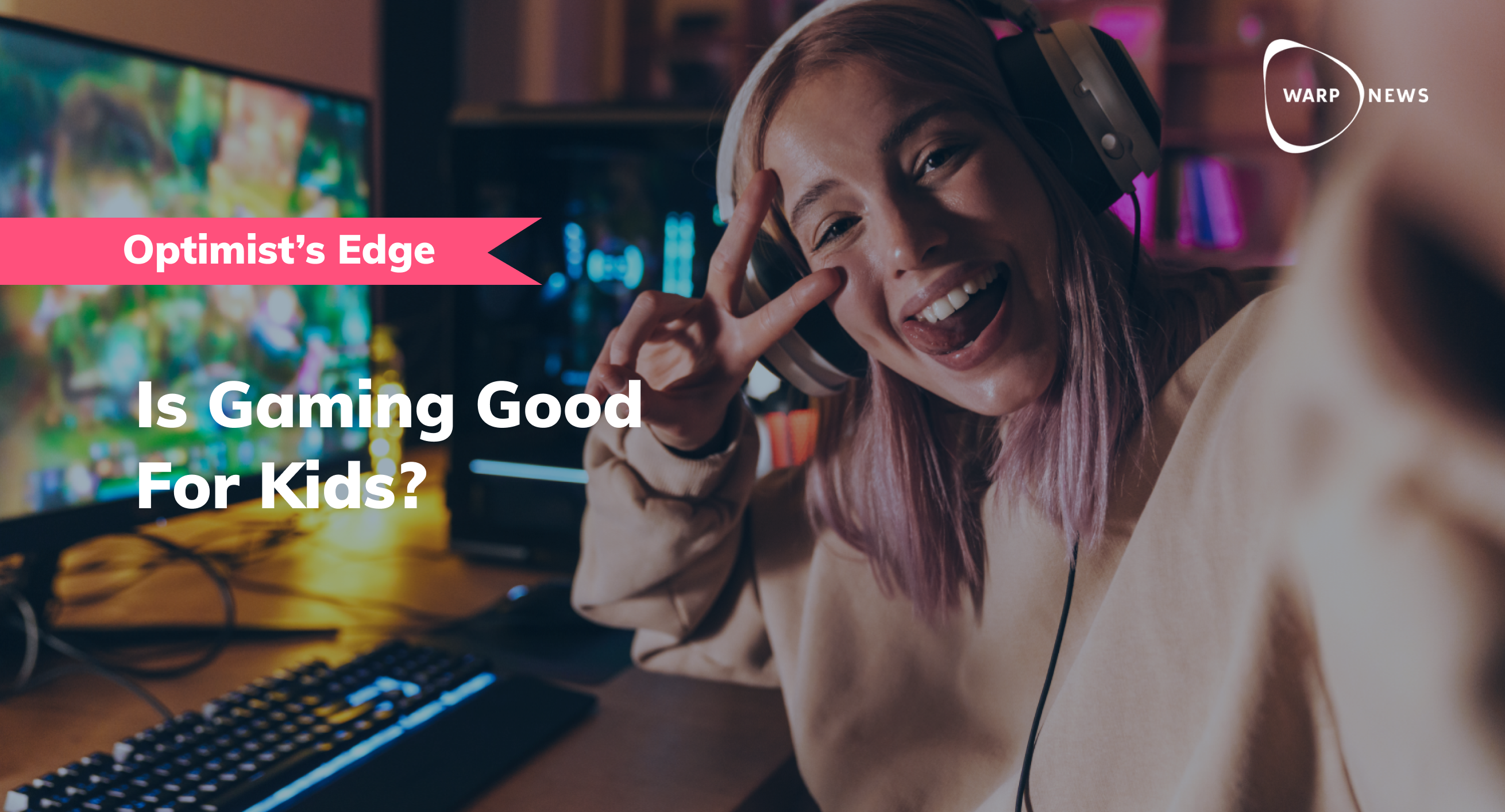
💡 Optimist's Edge: Video games rot your brain... not!
The ancient statement that games are bad for you are getting old, and not in a good way. In this article, you get the edge of how video games can help you grow attractive traits and skills that help you both in private- and work life.
Share this story!
Summary
📉 What people are wrong about
According to a Pew research study, most people believe that at least most, if not all video games are a waste of time with little value to be derived from playing. Our study confirms that only 12.7 percent of people view video games as overall good for a young person's future.
📈 Here are the facts
It helps to first understand just how large the gaming population is. According to Venturebeat, 64 percent of adult Americans today are gamers, and 41 percent of those are women. Globally, a report by DFC Intelligence shows nearly 40 percent of people around the world play some form of video games. Lastly, the World Economic Forum mentions the average gamer has been playing for 14 years.
With this large number of gamers, the follow statistics become significantly more meaningful:
- 63 percent of gamers say games help with problem solving
- 80 percent say games provide mental stimulation
- 30 percent of players have met good friends or spouses through gaming
💡 Optimist’s Edge
Whether you are a gamer yourself, or have children who are avid gamers, you can observe first hand the evolution that the video game industry has taken in recent decades. No longer are video games solely for entertainment. Video games can help children to develop an aptitude for logical as well as social skills that many fear today’s youth are lacking. Additionally, whether you realize it or not, many of the apps and devices you use are using gaming techniques to help you better understand the features available to you.
Today, most video games are designed for the multiplayer experience. They can be played cooperatively with friends on a couch, or across vast distances online. Video games have the ability to cultivate critical thinking skills, problem-solving techniques, group dynamics and cooperation skills, and can even bridge cultural divides and language barriers.
Understanding these often overlooked, yet extremely important facets of the modern gaming industry, you can confidently encourage the children in your life (or even yourself!) to explore the many benefits that come from gaming.
👇 This is how you get the Optimist’s Edge
Adding gaming to your life should not be seen as a negative. In fact, games can be added to help with stress or cognitive abilities while providing benefits that might help in other parts of your day to day life. Consider replacing watching that extra television program for a video game or using online gaming as a way to interact with people outside of social media. If you have trouble with coordination or want to learn a new language, look at gaming-based applications to accelerate your education.
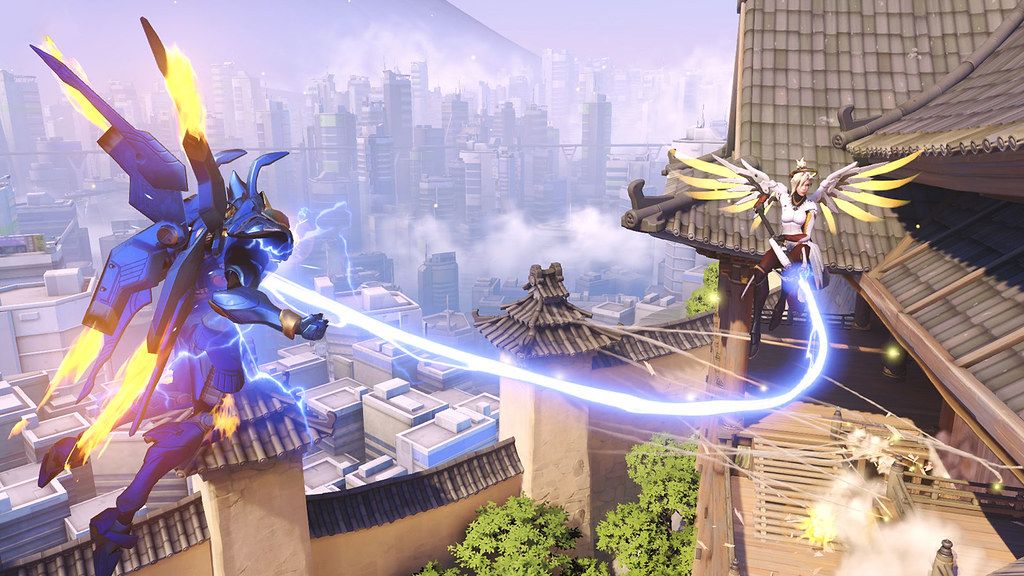
📉 What people are wrong about?
Whether it’s the media or the general public, the majority of people have a skewed opinion about video games. Video game coverage by mainstream media is generally referred to as “parachute journalism”. Parents often use the phrase “video games rot your brain!” and adults otherwise tend to love playing games, but feel it is ultimately a waste of time.
History has not been kind to games in general. Chess was long considered a waste of time and banned by ancient societies. Video games suffered a similar fate in the 80’s, equating playing to creating a generation of mindless, ill-tempered adolescents and towns like Coral Gables, FL, USA banning games.
In our survey only 12.9 percent of the respondents thought that it is an overall good thing for your future to play video games.
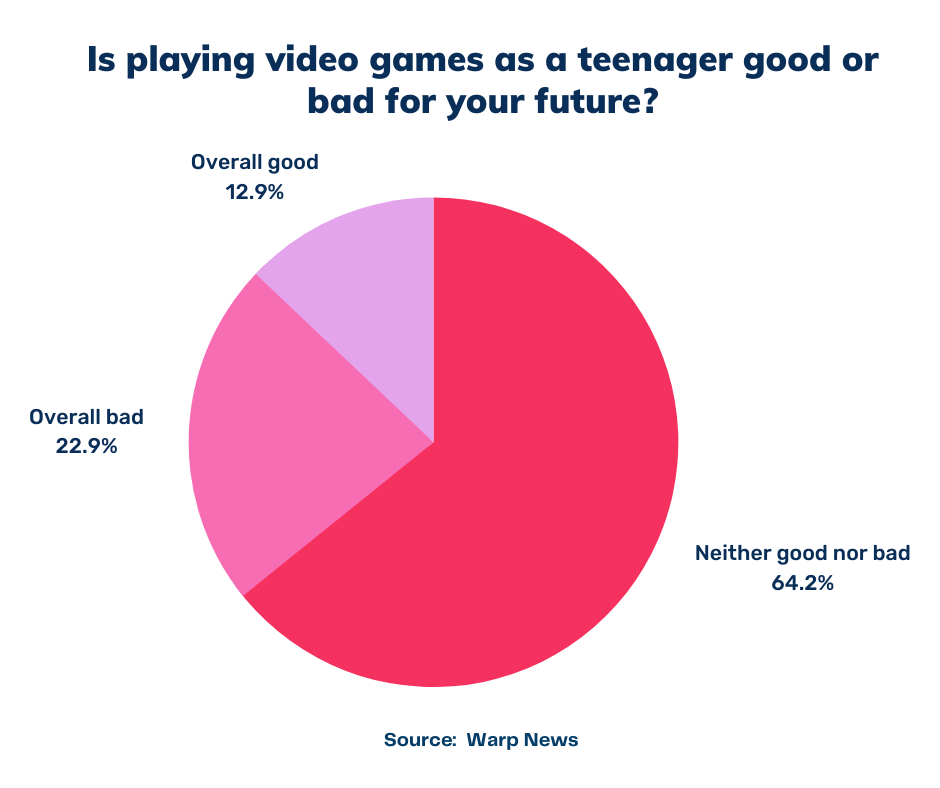
📈 Here are the facts
After all of these centuries, Chess is still around and, in fact, popularized as a game that demonstrates intelligence. Video games are not far behind, as decades after predicting games would doom a generation, that very generation leveraged those skills to help build many of the modern digital tools we use today. Elon Musk is a well known gamer who worked at a video game company early in his career.
It was a gamer, and early game developer, Nick Pelling that is credited with coining the term gamification, or the incentivization of engagement through game-style mechanics. For example, progressing towards a goal in an exercise app or getting a badge for checking in at your favorite restaurant. This technique gained popularity around 2010 and has been used to help with the adoption of industries ranging from mapping software to healthcare.
Video games have demonstrated advancements in social and health environments:
- Young gamer’s often use games as a means of socialization.
- Problem solving and teamwork have been shown to improve by playing video games with co-workers.
- Gamification and video games are demonstrating major potential in mental health.
In addition to stress relief, gaming has been shown to alter brain regions to treat diseases such as post-traumatic stress disorder or Alzheimer’s. Many of these advancements are coming from the first generation of kids to grow up playing video games at home.
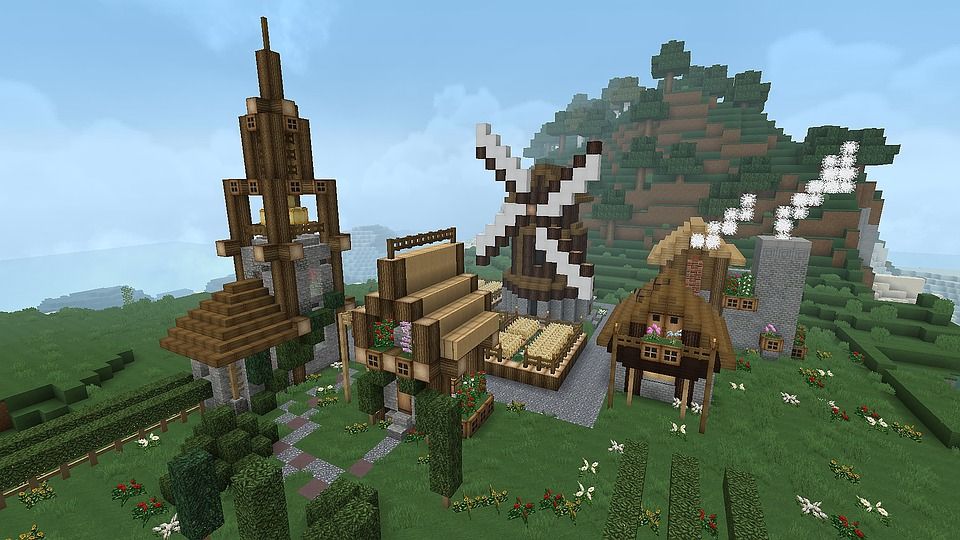
Video games have shown to help develop critical social and applicable job skills for the current generation. Additionally, most people surveyed do not see a connection between violent games and violent behavior, and the majority of research studies have not found any correlation.
We now live in a time when, for the first time in history, video game developers and creators grew up playing video games themselves.
Looking over the past 10 to 20 years, and the founders and creators who have developed much of the digital world that we live in today, it is clearly evident that it’s not just the gaming industry that they have had an impact on. As we have moved to a screen-based society, creating user experiences that make it easy and intuitive for people to adopt technology has become a critical part of the business models of some of the world’s biggest companies.
The concept of gamification is used almost everywhere. Do you like to collect ‘stars’ when ordering your daily latte on your Starbucks app? You’re playing a video game!
We see it in companies like Starbucks and Target with their mobile apps, the development of Ridesharing with Uber and Lyft, the sharing economy of AirBNB, even the concept of Tesla’s self-driving cars. Even the very nature of the app-based smartphone, which has become a daily necessity for most people. None of these developments would have come about so quickly without the minds that grew up playing video games.
💡 Optimist’s Edge
Whether you are a gamer yourself, or have children who are avid gamers, you can observe first hand the evolution that the video game industry has taken in recent decades. No longer are video games solely for entertainment. From a young age, they have the ability to instill both an aptitude for logic, as well as social skills that many fear today’s youth are lacking.
Today, most video games are designed for the multiplayer experience. They can be played cooperatively with friends on a couch, or across vast distances online. Video games have the ability to cultivate critical thinking skills, problem-solving techniques, group dynamics and cooperation skills, and can even bridge cultural divides and language barriers.
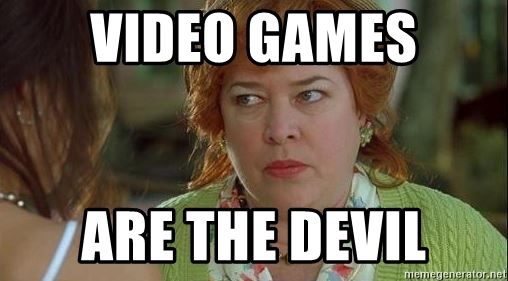
Understanding these often overlooked, yet extremely important facets to the modern gaming industry, you can confidently encourage the children in your life (or even yourself!) too.
👇 How to get the Optimist’s Edge
Don’t be hesitant to incorporate video games into your life. Whether you just need a distraction from your day, or are looking to add a new hobby, gaming has proven time and again to be anything but a waste of time.
Participate in gaming with your kids as the skills they are building while playing can help them well into adulthood.
Encourage older generations to consider gaming to help maintain cognitive abilities.
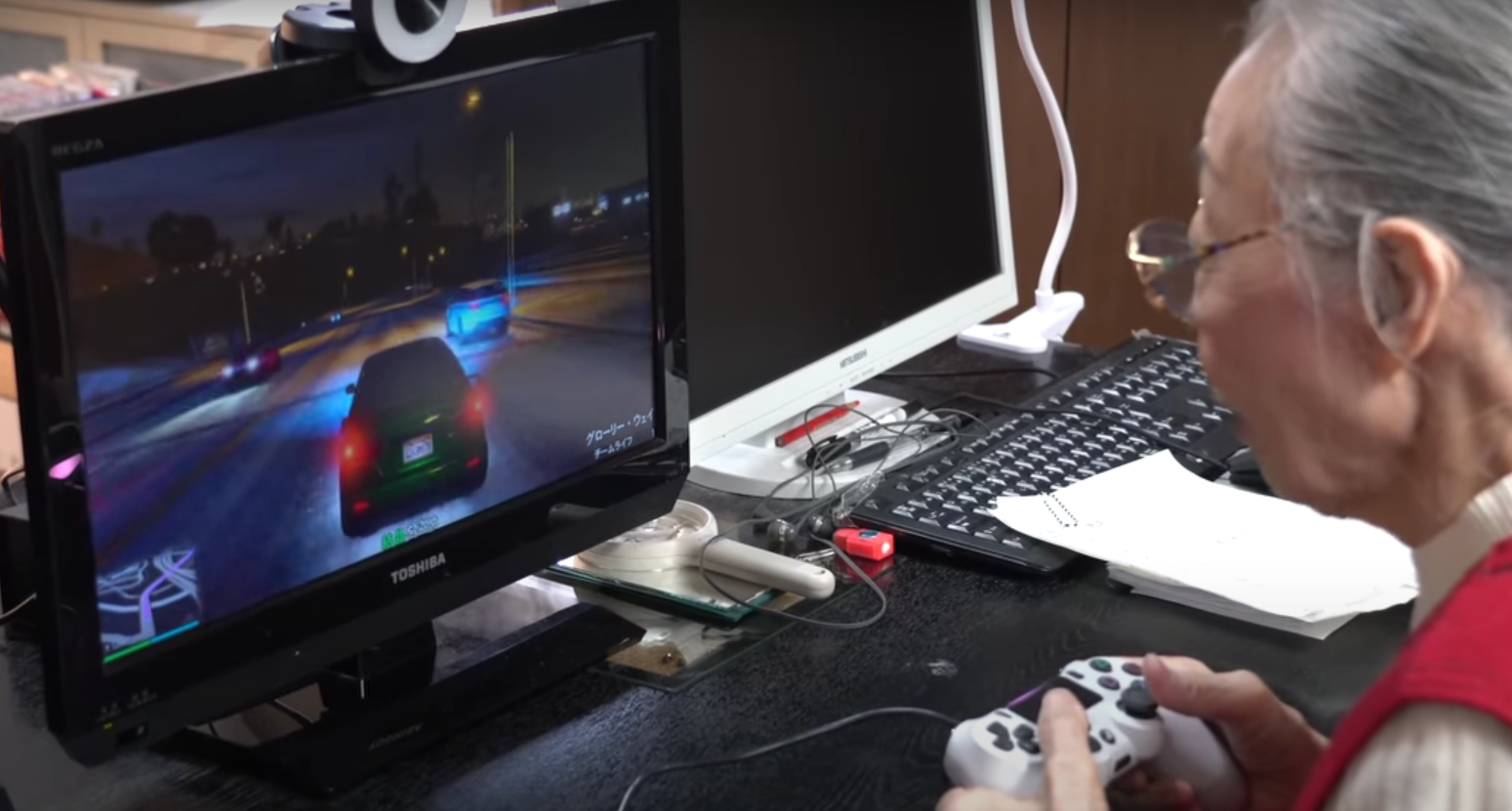
❓ Share your thoughts with us in the Warp News Premium Supporter Facebook group!
The survey mentioned in the article was done through Google Surveys on 500 respondents.
By becoming a premium supporter, you help in the creation and sharing of fact-based optimistic news all over the world.


